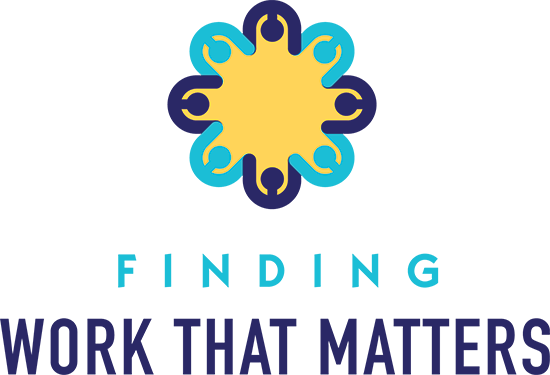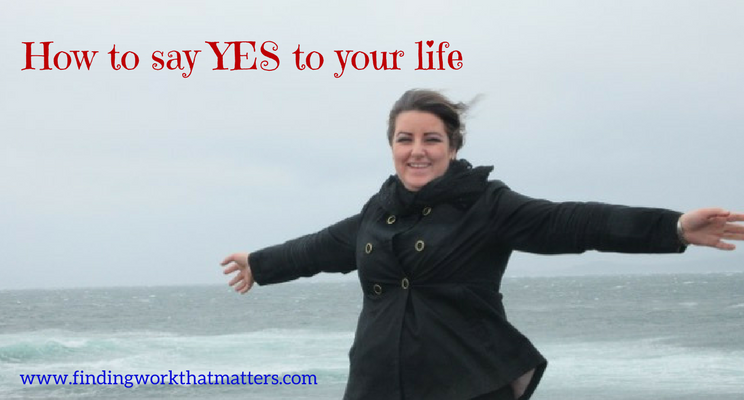How to be outstanding - 5 lessons on work from the Olympics
/What a whirlwind of talent and determination we have seen over the last couple weeks of the Winter Olympics.
As I watched the performance, I thought about what athletes can teach us about the world of work.
One of the most poignant moments was from the Men’s Freestyle Ski Half Pipe.
As I watched the athlete pick himself up after his disastrous fall and wind his way down the mountain, I got a glimpse into his life.
I have no doubt he was earned the privilege of being at the Olympics, that he had worked very hard, that he had studied his strengths, weaknesses, skills, mindset, fears, commitment, internal resolve and that he was very invested in winning.
I wondered what his coach would say to him at the bottom of the hill. To me the experience was so immense that it would be hard to capture it in words.
There was nothing that could alleviate that moment of disappointment.
All of the work, all of the dreams, wrapped up on that hill.
What I also recognized was that he was upright. He was moving forward into his life. With all the pain he was experiencing, he was more than this experience of failure.
Even though he was trained for making mistakes.
This I believe is true for all the athletes. The gold medal winners and the ones who never made it onto the podium.
I can see through my own career that I share some of the struggles and wins of those athletes.
Here’s what I took away from this week that might help you think of how to shift your career:
Find yourself a team
From the start gate to the finish line, we get to see the coaches that have been there every step of the way. From the sidelines we see the parents, family and friends waving flags and signs. Back home, there is a whole contingent of people who impacted that athlete’s ability to be there – sponsors, health care practitioners, mental performance coaches, personal trainers, nutritionists, etc.
Behind each athlete is a team of professionals. They are all invested in helping the athlete be their best.
If I look back at my own life, I can see the team that was behind me. Friends, family, co-workers and mentors helped me in my career in a myriad of ways. Encouraging, helping me stretch beyond my ideas of what I could be.
What I do differently now is seek out my helpers. Deliberately. When I am struggling with an issue, I try to find someone who does it best. My mentors I meet through books and webinars and in person.
My challenge is to get clear about exactly what it is that I need. Then when I go out there and ask, I am more likely to get closer to my goals.
You will make mistakes
What I hope for is that through all of my practice, when the time comes, I will be ready to do my best performance. In whatever I do.
What I noticed from watching the Olympics is that mistakes are made. Injuries abound. I notice that where they can, the athletes pick themselves up and continue their program. That is how they are trained.
Mistakes are a big part of the training.
I am not very good at making mistakes. I don’t easily take on the attitude that the best way to learn something is by making a mistake.
I see the flaw in my thinking. Because mistakes are a part of life. And they need to go into the equation of growing and learning.
I see that when I stumble for words during a presentation or talk about my struggles, this where the audience often connects. It is through our humanness, especially our mistakes, that galvanizes us to others.
As for me making mistakes, I still have a lot to learn.
Practice, practice, practice
This is how we get to Carnegie Hall. This is how we get to be at the top of our game.
As an Extravert, I am reluctant to write out the responses to possible interview questions even though it is what I tell others. I get energized by thinking on my feet.
But that doesn’t always work. And in fact, not practicing has got me into plenty of trouble.
Olympic athletes get to win their medals because they invest a lot of hours into their sport, not just engaged in it but also strength building and visualizing and working out the kinks with their coaches.
When I think of my career now, I know that to be my best I need to change what I am doing. I ponder. What really works? Is there a more effective way of doing something?
Envision what you want
Athletes often use visualization techniques as a regular part of their training. Whether it is through guided imagery or mental rehearsal or to create a sense of calm, this enhances skills learned through physical practice.
I have a sign on my wall that says, “We are who we are, because we have first imagined it.”
This is the beginning. The idea. (And then we practice.)
When I did my first solo trip to Mexico, I went to a region where I had been previously. I could imagine navigating the entire transportation system of bus, taxi and ferry. I knew where there would be the trouble spots and I imagined what I needed to do.
How this would help with our work! Imagining how we would deliver a presentation, what it takes internally to feel competent and clear, and how we want to engage with our audience.
I can use this tool when I consider a future career. What am I doing on a day-to-day basis? How would I like my work to be constructed?
What makes you different?
When I watched the two top contenders in the Ice Dancing competition, their performances were vastly different.
They got to where they are because of their uniqueness.
Where was the magic? Each performance was distinctive to that pair. Their signature was throughout each movement. They had crafted out their own music and movements even though they had to follow specific requirements.
When I think of my own work, I have been exposed to the same career theories, assessments and studied a variety of approaches as other colleagues.
What makes me different?
It begins with a question. What makes me feel alive?
At the root of the question is where my strengths lie.
I look at what sparks me the most and I will naturally want to go in that direction. I will be inspired to read the books and talk to influencers who spark me. I will be motivated to learn more. The result is doing and being my best.
Other blog postings you may like:






